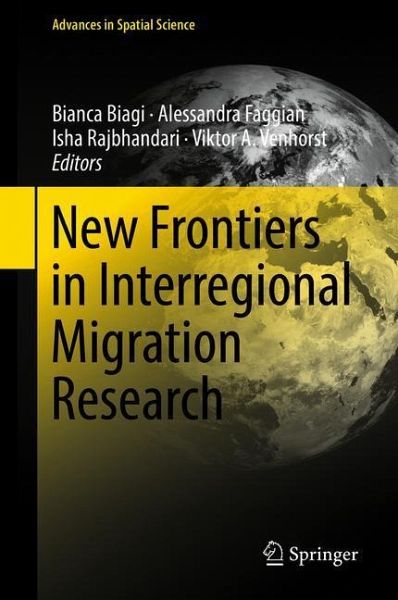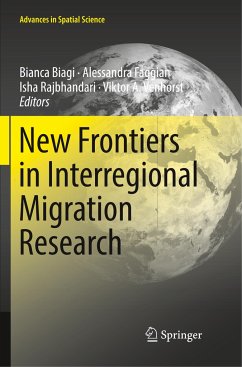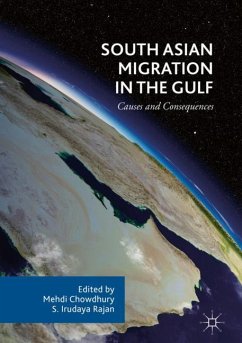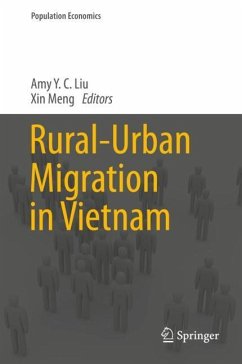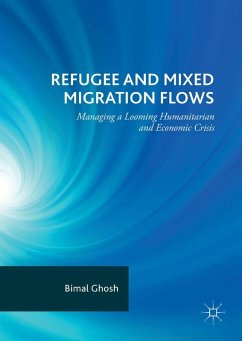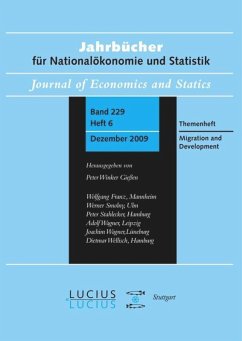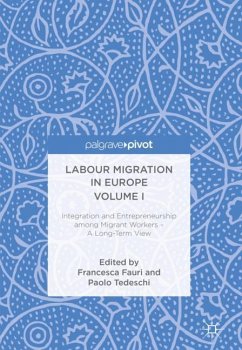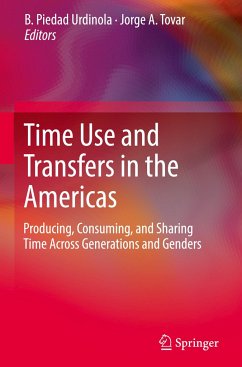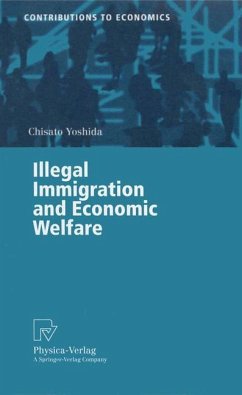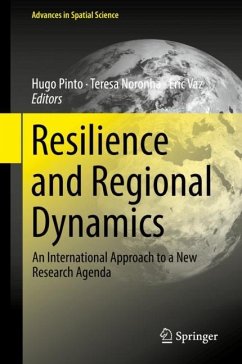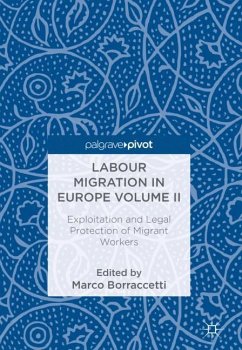Bianca Biagi is Associate Professor in Economics at the University of Sassari (Italy), researcher at the Centre for North South Economic Research (CRENoS)- University of Sassari and Cagliari (Italy) and involved in the Doctoral Programme of Gran Sasso Science Intitute (GSSI)- L'Aquila (Italy). She teaches Public Economics, Regional Economics and Policies, and Tourism Policies at the University of Sassari. She specialized in Tourism Economics at the University of Perugia (Italy); Urban and Regional Science in UK at the University of Reading (MSc) and University of Southampton (MPhil). She earned the Italian Doctorate in Social Science (economics) at the University of Sassari (Italy). Her publications cover a range of topics in regional and urban economics including, interregional migration, quality of life and welfare in regions and urban settlements, tourism impact and externalities; regional productivity and multipliers. Alessandra Faggian is Professor of Applied Economics, Director of Social Sciences and Vice Provost for Research at the Gran Sasso Science Institute, L'Aquila, Italy. She is also President of the North American Regional Science Council (NARSC) and co-editor of the journal Papers in Regional Science. Dr Faggian's research interests lie in the fields of regional and urban economics, demography, labour economics and economics of education. Her publications cover a wide range of topics including migration, human capital, labour markets, creativity and local innovation and growth. She has co-authored over 80 academic publications. Her articles have appeared in journals such as Oxford Economics Papers, Cambridge Journal of Economics, Feminist Economics, Regional Studies, Papers in Regional Science, Journal of Regional Science and The Journal of Economic Geography . Alessandra is the 2007 recipient of the Moss Madden Memorial Medal by the Regional Science Association International: Irish and British section (RSAIBIS) for the best paper published in the year 2006 and the 2015 recipient of the Geoffrey Hewings Award by The North American Regional Council for outstanding research contribution by a young scholar in the field of regional science. In a recent ranking of the top 100 regional scientists in the world (Rickan and Winters, 2016), she was ranked 19th. Isha Rajbhandari currently serves as an Assistant Professor of Economics at the University of Puget Sound (Tacoma, Washington, United States). Her primary research interests include urban and regional economics, energy economics, labor economics, and migration. Her current projects focus on evaluating the impact of energy booms on local economic measures and interregional migration trends in the United States while accounting for the human capital and skills of migrants. Isha holds a Ph.D. in Agricultural, Environmental, and Development Economics from the Ohio State University. Prior to her doctoral studies, she received her M.S. in Agricultural, Environmental, and Development Economics from the Ohio State University and B.A. in Economics from Gettysburg College. Viktor A. Venhorst is assistant professor at the Faculty of Spatial Sciences, University of Groningen, the Netherlands. His research lies at the interface between demography and (labour) economics. Dr. Venhorst focuses on the longitudinal analysis of migration patterns and labour market outcomes of, in particular, higher education graduates. Other research interests include cross-border commuting, urban-rural linkages and the workings of local labour markets. Viktor is also a Research Fellow at the Research Centre for Education and the Labour Market, University of Maastricht. He holds a PhD in Spatial Sciences from the University of Groningen (2012, Cum Laude). He has a background in Demography (MSc, Cum Laude) and Micro Economics (MSc). He has published in, among others, the Journal of Regional Science, Annals of Regional Science, Spatial Economic Analysis, Regional Studies and Tijdschrift voor Economische en Sociale Geografie. He serves as a referee for the leading journals in the field. Viktor was the Winner of the 2017 Faculty of Spatial Sciences Teacher of the Year competition. Other honours include Winner of the Regional Studies Association Award for Best International Conference Paper Early Career Category 2015 and Winner of the Best Referee Award 2013 for the journal Regional Studies.
